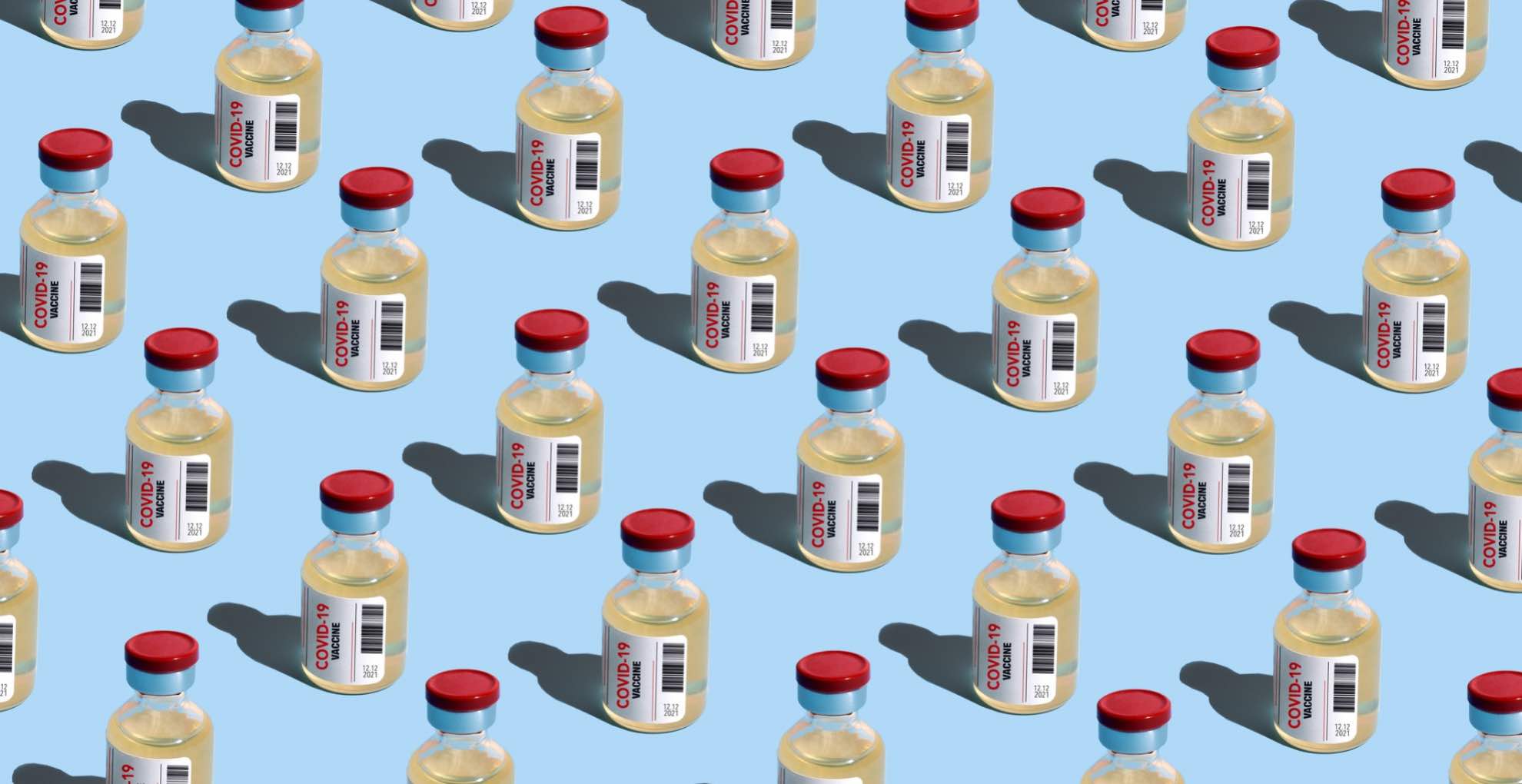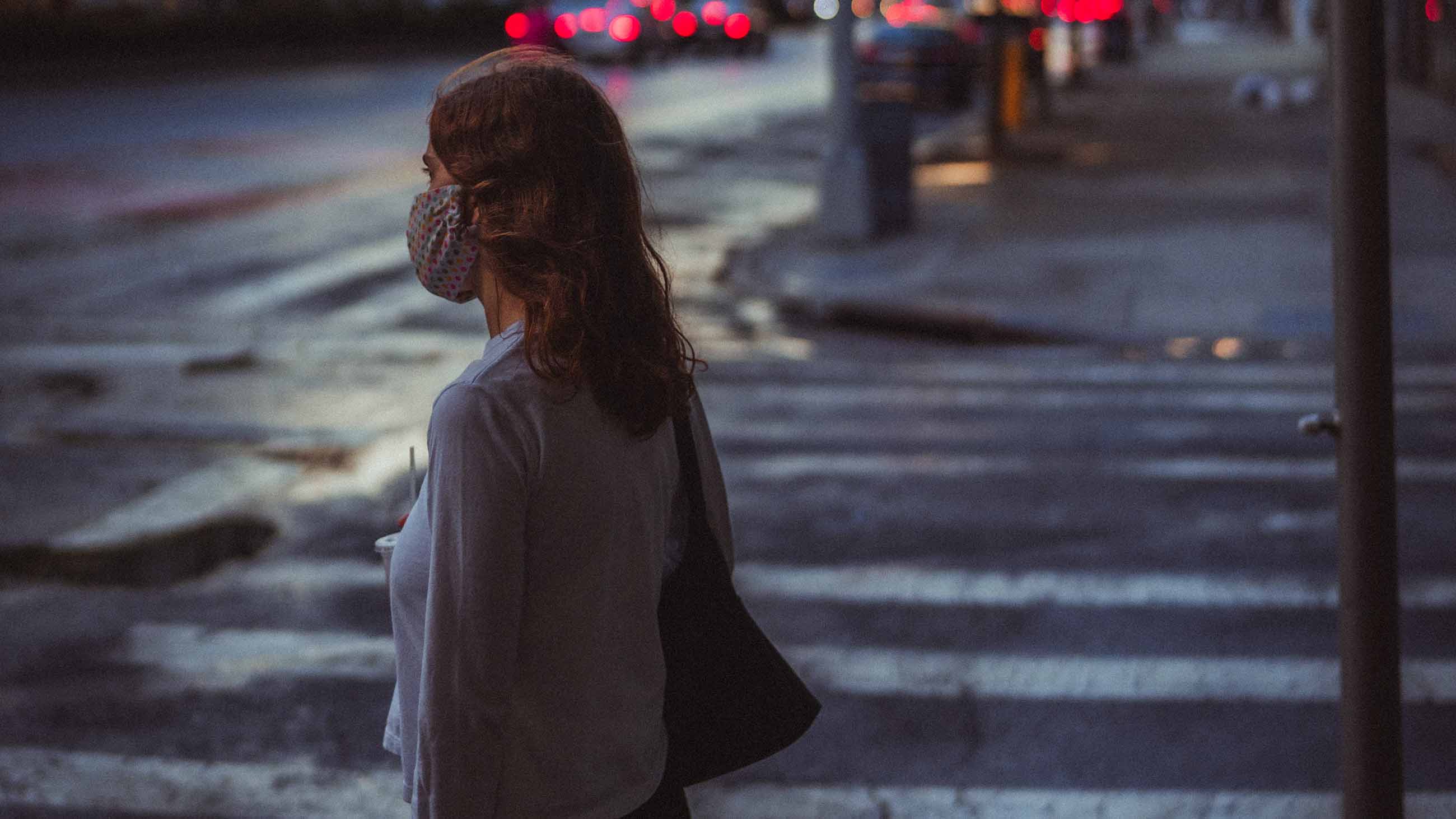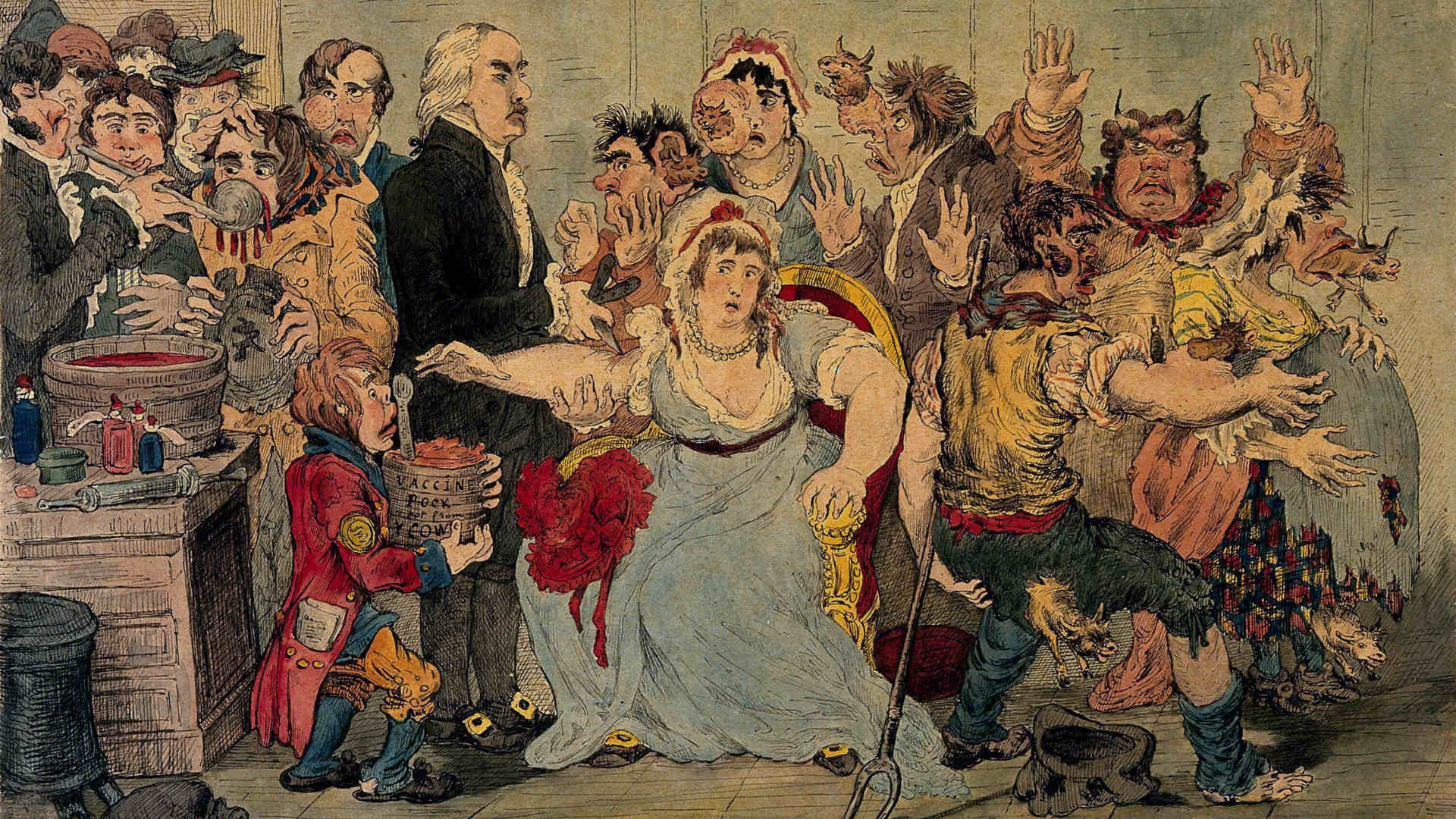Throughout the Covid-19 pandemic, the U.S. federal government has supervised the purchasing and distribution of vaccines, tests, and treatments. Many Americans saw for the first time what publicly funded healthcare could do as citizens were able to access prevention and treatment without for-profit constraints.
But a few weeks ago, Dawn O’Connell, the U.S. Assistant Secretary for Preparedness and Response at the Department of Health and Human Services, announced that Covid-19 “countermeasures” – meaning vaccines, tests, and treatment – would transition to the commercial market sooner than previously planned, with program funds set to run out as early as January 2023.
O’Connell noted that “while the federal government has been pleased to play this role, we have always known that we would not be in this business forever.” She emphasized the administration’s goal of “continued equitable access” for all Americans.
Her statement expresses an astonishing display of ill-founded confidence in the idea that the private sector will do the right thing — like handing over henhouse security to a fox and expecting higher egg production in return. Given the long-standing disparities inherent in our nation’s commercialized healthcare system — disparities that predate Covid-19 by decades — the failures of that system should be obvious to all, and especially to health policy professionals. Why should anyone believe that Covid care will be any different when left solely to the empirically evident maladies of America’s healthcare marketplace?
A powerful example of the devastating harms of our hyper-commercialized healthcare is provided by the insulin business. Left to predatory, private-sector impulses, insulin — a drug which many diabetes patients would die without — has a wholesale price that has tripled over 10 years. A vial priced at $8 in peer nations costs $119 in the United States. On average, an American with diabetes spends over $9,000 out-of-pocket each year, spurring some to buy their insulin in Canada or Mexico. Because of the high cost, one in four American diabetics report skipping or rationing doses — a potentially deadly gamble. Does this evidence of how American commercial healthcare operates in practice suggest O’Connell’s confidence in “continued equitable access” is in any way warranted?
The harms of this your-money-or-your-life health market mentality have gotten so bad that the state of California has felt obliged to intervene, allocating $100 million to end-run the private sector’s predatory players by manufacturing its own affordable insulin. Gov. Gavin Newsom, who announced the plan in July, said, “nothing epitomizes market failures more than the cost of insulin.”
Sadly, these extortionate practices aren’t isolated to insulin. Americans, for example, pay more than double for prescription drugs across the board, and triple for branded medications, compared to their peer-nation citizens. And according to a Gallup survey conducted in June 2021, 18 million people failed to fill a prescription in the prior three months because of the cost.
Our profit-über-alles health system, meanwhile, still left 30 million citizens uninsured, and 43 percent of adults underinsured in 2020. This has been disproportionately true in communities of color, which are burdened by a whole range of health care inequities. (Covid has been no exception: The pandemic’s impact on life expectancy has been 75 percent worse for Black Americans compared to the White population, and 140 percent higher for American Indian and Alaska Natives.)
Indeed, despite spending nearly 20 percent of the country’s gross domestic product on health care — twice as much as the rich-world average — life expectancy in the U.S. now ranks 50th in the world. Such is the empirical track record of our for-profit health care system: higher costs, and worse outcomes. Estimates suggest that emulating the practices and efficiencies of less market-driven systems in other wealthy countries, the American economy could save some $2 trillion per year in wasted health care costs. The GDP of 187 nations is smaller than this annual health care overspending. If it were a country, our health-system waste would be the 9th largest economy in the world.
What might we accomplish with that extra $2 trillion per year? To help you grasp the scale of wastage, that’s 54 times larger than the annual price tag of Biden’s supposedly huge climate-energy bill, or 2.6 times greater than our gigantic annual Pentagon budget. And that’s the true failure embedded in O’Connell’s announcement. It expresses a data-resistant dogma about commercial healthcare, making perhaps one of the biggest faith-based financial blunders ever. That ill-founded faith in markets feeds a $2 trillion tumor riddling our economy.
She stressed the administration’s goal of making the transition “to the commercial marketplace in a thoughtful, well-coordinated manner that leaves no one behind,” and added that her department had met with over 100 relevant parties — including insurers and pharmaceutical companies — to discuss those plans. But it remains unclear what steps they would take towards actually ensuring equitable access, and there is simply no reason to believe that transitioning Covid-19 countermeasures to commercial markets won’t simply repeat the life-shortening wallet-draining mistakes of the past.
Society has a responsibility to protect all of its citizens, and public health is very clearly among those necessary protections. Rather than abandon the underserved to predatory markets, we should bolster public sector efforts in order to better protect everyone’s health. Public health practitioners, after all, must work to prevent or minimize sickness in entire populations. By creating — and even embracing — conditions that ensure many citizens will be left behind, we are actively choosing to further fuel a longstanding crisis.
This is particularly true when it comes to a pandemic like Covid-19. The rich are never going to be safe from a fast-spreading contagion until the poor are safe from it, too. And if any lesson can be gleaned from decades of bleak American health data, it’s this: The poor are never going to be safe under for-profit health care.
Jag Bhalla is a writer and entrepreneur.












